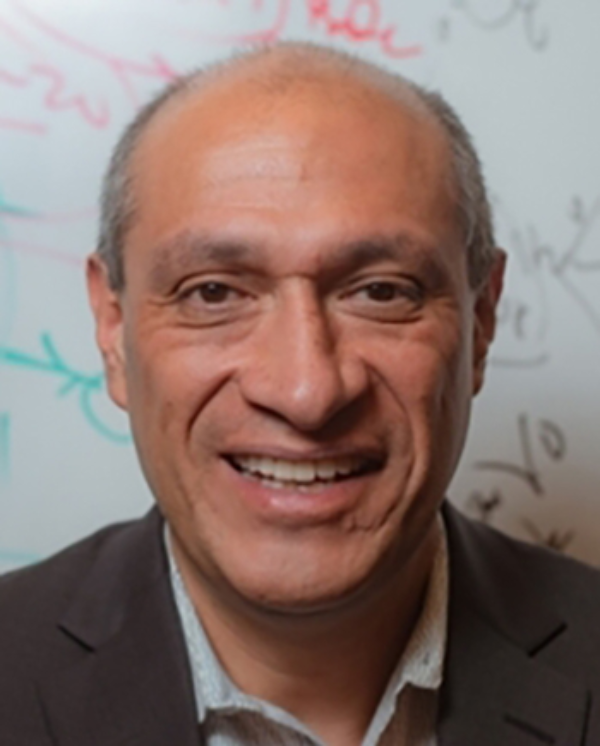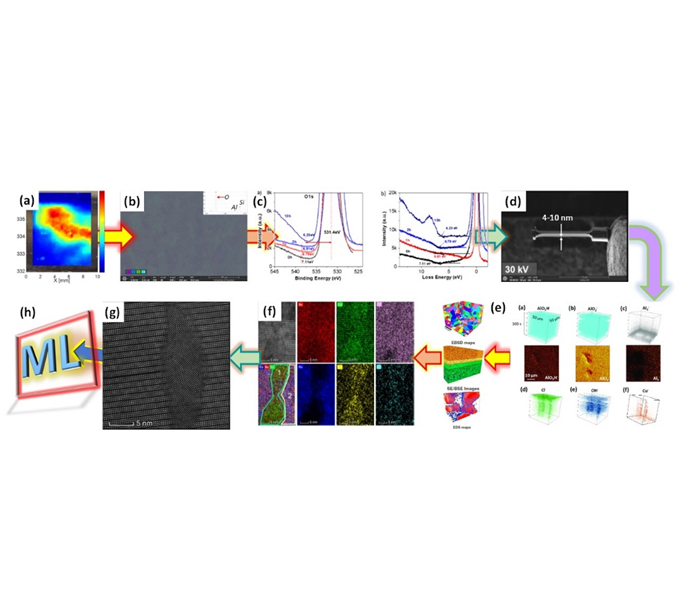Professor of mechanical engineering technology Francisco C. Robles Hernández, Ph.D., has been awarded $307,275 of a total $624,936 grant by the National Science Foundation to investigate potential methods of increasing superconductor efficiency in a collaborative project with the University of Kansas.
Superconductors – certain materials capable of carrying electric currents without loss or resistance – offer unique opportunities to meet increasing demand in fields such as quantum computing and the ever-increasing demand for power grid efficiency and reliability. Superconductors must remain cooled beneath critical temperature, which is the highest operating temperature at which a substance can maintain superconductivity, to facilitate optimum current transference without loss.
High-temperature superconductors (HTS), however, require less intensive cooling than traditional superconductors and may therefore be easier and less expensive to maintain.
"What we are doing is putting calcium in superconductors, with the intention to increase the critical current that a superconductor can transfer. The idea is to modify the crystalline structure in a way that makes the material more efficient," said Robles Hernández.
"Superconductivity is becoming an extremely hot topic. Quantum computing is one relevant area, but magnetic levitation (maglev) trains and nuclear power are as well. In general, energy, transportation and communications [technology] will all benefit."
Having worked with superconductors for several years, Robles Hernández has developed a workflow for characterization of suitable materials that is based on Raman spectroscopy and electron microscopy to analyze, from the macro to the atomic level, their effect on the structure of a given compound.
"Based on the identification of those compounds, we can define the structure at the atomic level and we can propose new hypotheses regarding how these superconductors work and how to improve them," Robles Hernández said. "That is the main goal: how can we improve these superconductors?"
In addition to research work, Robles Hernández's funding also includes provisions for preparing the next generation of materials scientists. Recruiting top-quality students – especially those from underrepresented groups – will be an associated outcome of this HTS research. One particular underrepresented group Robles Hernández hopes to reach is young migrants.
"A migrant (distinctively different from an immigrant) is a person who migrates seasonally due to jobs or business (e.g. fishing, farming, etc.). Migrant students are mainly US citizens, legal permanent residents, or refugees at high risk of missing college education for several reasons including mobility, resources, income, isolation, and being first-generation college students," he said.
Over the past four years, Robles Hernández has worked with Houston Independent School District, in particular Region IV, to recruit high school students to four-week STEM immersion summer camps.
"We are trying to look at this specific population of students that are at risk of missing post-secondary education and introduce them to topics that, in many cases, they have been told are too difficult or too complex for them. We're trying to bring them to these complex topics to help them see that this is just like any other science – anybody can do it," said Robles Hernández.
Funding for this project is estimated to run through 2028.

